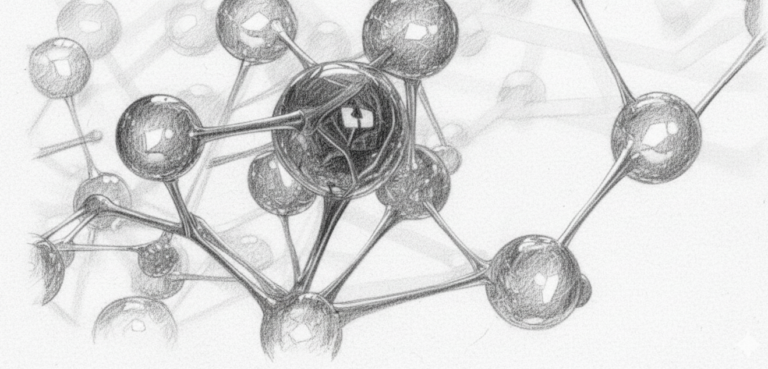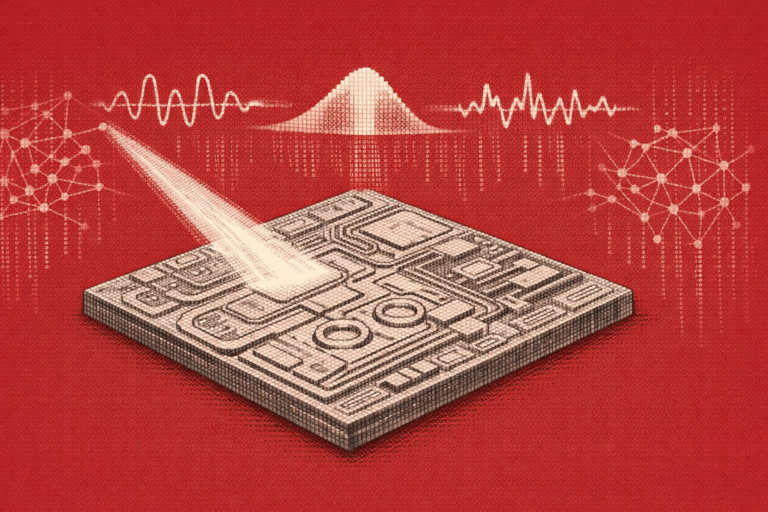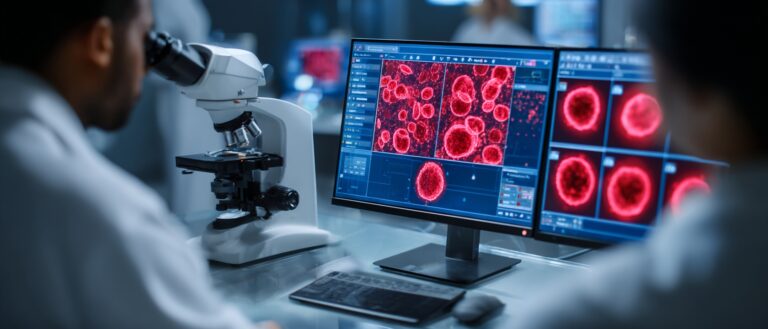Command Palette
Search for a command to run...
Live Preview丨The Accuracy Is Better Than AlphaFold, and the three-dimensional Structure Prediction of Biological Macromolecules and Their Interactions Is Achieved Based on Deep Learning

The sixth episode of the "Meet AI4S" live series will be broadcast on time at 19:00 on January 15. HyperAI is honored to invite Zheng Wei, professor of the School of Statistics and Data Science of Nankai University. The theme of his sharing this time is "AlphaFold3's throne is not stable, and the academic community is overtaking: three-dimensional structure prediction of biological macromolecules and their interactions based on deep learning."
The function of protein depends on its unique three-dimensional structure. In recent years, protein structure prediction based on artificial intelligence technologies such as deep learning has developed rapidly. AlphaFold even won the 2024 Nobel Prize in Chemistry.
Professor Zheng Wei from Nankai University will share in depth the historical development and current progress of structure prediction for biological macromolecules such as proteins, and focus on the deep learning structure prediction tools developed by his research group, such as protein monomers (DI-TASSER), protein complexes (DMFold), protein-nucleic acid complexes (DeepProtNA), and protein conformations (EnsembleFold). He will also share his experience in previous World Protein Structure Prediction Competitions (CASP).
For this live broadcast, HyperAI has specially prepared 10 hours of NVIDIA RTX A6000 resources for everyone. Audiences who participate in the lucky draw in the live broadcast room have the opportunity to get them for free!
Scan the QR code and remark "AI4S" to join the discussion group⬇️

Guest Introduction

Share the topic
AlphaFold3's throne is not stable, and the academic community is overtaking it: three-dimensional structure prediction of biological macromolecules and their interactions based on deep learning
Audience benefits
1. Understand the historical development, current progress and development prospects of protein and other biological macromolecule structure prediction
2. Understand how structure prediction can be applied to biological problems and industrial production
3. Understand and be familiar with the widely used online servers for biomacromolecule structure prediction
About the Team
Zheng Wei is currently a professor and doctoral supervisor at the School of Statistics and Data Science of Nankai University, a member of the National Key Laboratory of Infectious Disease Tracing, Early Warning and Intelligent Decision-making, and a member of the international standard development committee for the protein predicted structure storage format ModelCIF.
He has conducted postdoctoral research at the University of Michigan and has long been committed to the prediction of the structure, function and interaction of biological macromolecules such as proteins. He has also led the development of a number of protein monomer, protein complex, nucleic acid and complex, protein-nucleic acid complex structure prediction algorithms and structure evaluation algorithms with better accuracy than AlphaFold2/3.Won the championship in many competitions of the World Protein Structure Prediction Competition (CASP) (CASP13-16),Leading more than 80 academic/industrial research groups worldwide. Invited to give special reports at the CASP post-competition international conference three times.
Among them, the algorithm achieved an accuracy comparable to experimental analysis in the prediction of antibody-antigen complexes in CASP15, which was reported by Nature magazine. In the CASP16 competition held in 2024, the algorithm developed by it ranked first in the prediction of hard protein in protein complexes; ranked first in the server group in nucleic acid polymers; ranked first in the prediction of protein-nucleic acid complexes; ranked first in the estimation of the overall folding accuracy of complexes. TM-score ranked first in the prediction of multiple conformations.
Zheng Wei has published more than 50 articles in high-level SCI journals such as Nature Methods, Nature Communications, Nucleic Acids Research, PNAS, etc. The relevant research results have been cited nearly 3,000 times, and the algorithm server he led in developing has served nearly 100,000 users in more than 100 countries.
He has presided over and participated in many national and Tianjin-level talent projects and key projects. His current research direction in the bioinformatics team of the School of Statistics and Computational Science at Nankai University involves: research on the structure, function, and interaction prediction of biological macromolecules such as proteins; single-cell sequencing and omics research; protein disorder region prediction research; large language model and biological large language model research; antibody drug screening and optimization research, etc.
QR code of the research group's public account⬇️

Meet AI4S Live Series
HyperAI (hyper.ai) is China's largest search engine in the field of data science. It focuses on the latest scientific research results of AI for Science and tracks academic papers in top journals such as Nature and Science in real time. So far, it has completed the interpretation of more than 200 AI for Science papers.
In addition, we also operate the only AI for Science open source project in China, awesome-ai4s.
* Project address:
https://github.com/hyperai/awesome-ai4s
In order to further promote the popularization of AI4S, further reduce the dissemination barriers of scientific research results of academic institutions, and share them with a wider range of industry scholars, technology enthusiasts and industrial units, HyperAI has planned the "Meet AI4S" video column, inviting researchers or related units who are deeply engaged in the field of AI for Science to share their research results and methods in the form of videos, and jointly discuss the opportunities and challenges faced by AI for Science in the process of scientific research progress and promotion and implementation, so as to promote the popularization and dissemination of AI for Science.
So far, we have successfully held 4 Meet AI4S live broadcasts, covering the fields of geographic information science, life science, and protein engineering.
We welcome efficient research groups and research institutions to participate in our live events!Scan the QR code to add "Neural Star" WeChat for details↓








